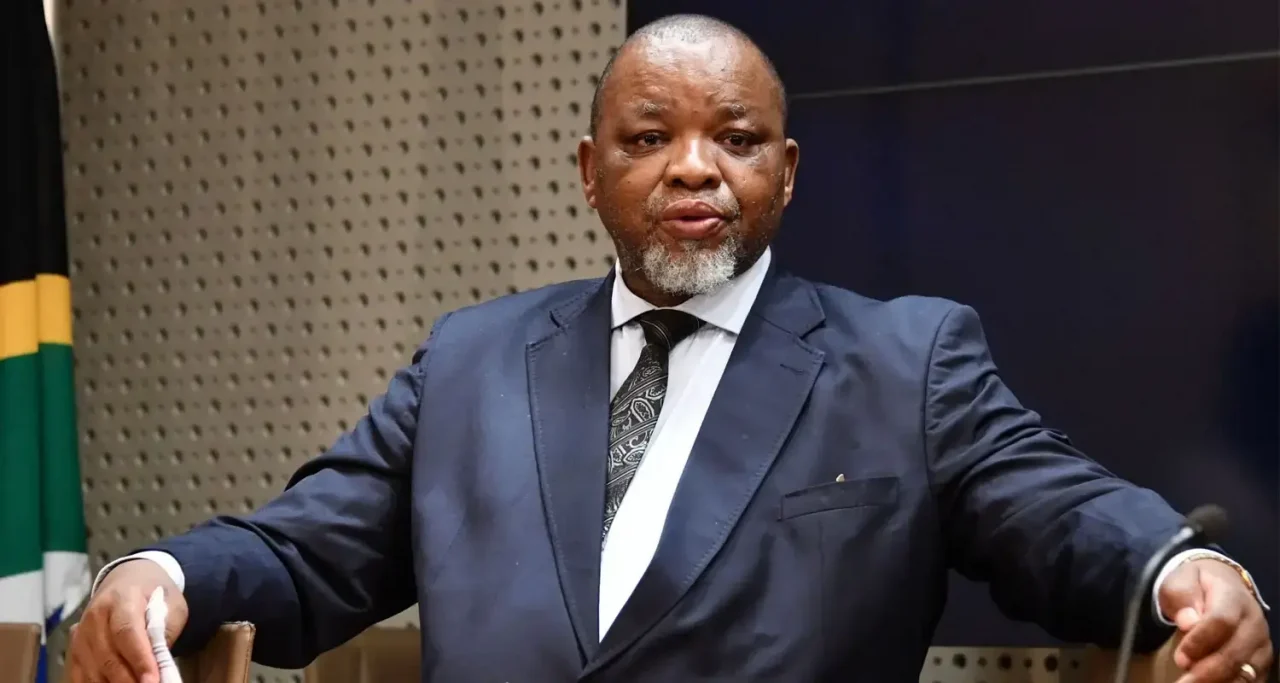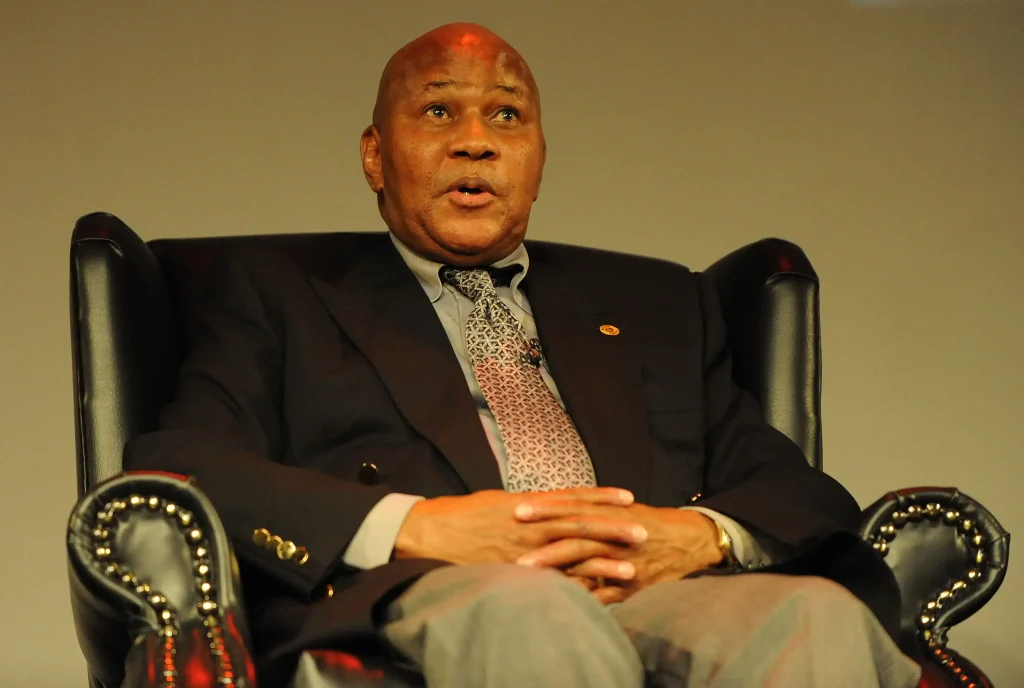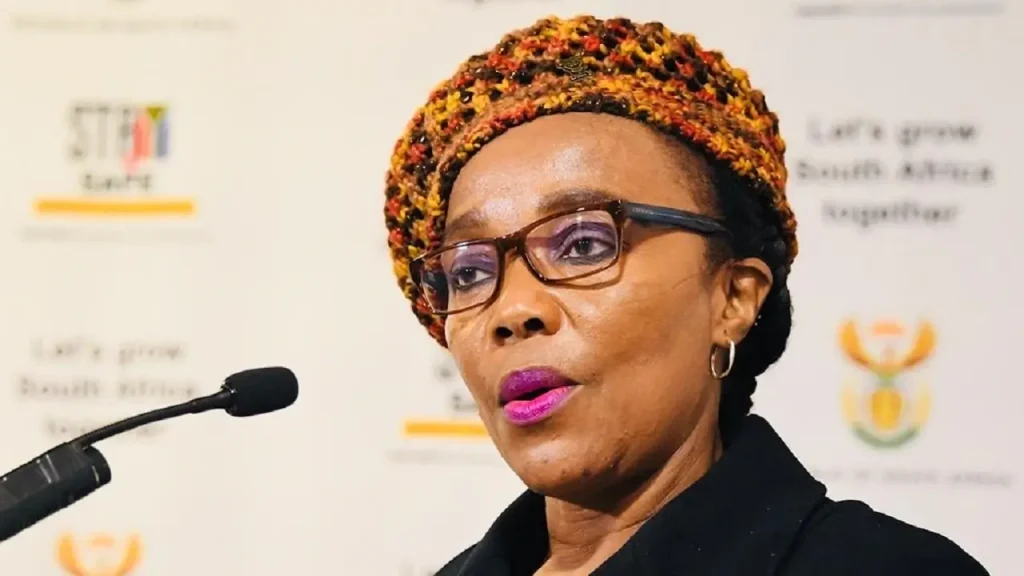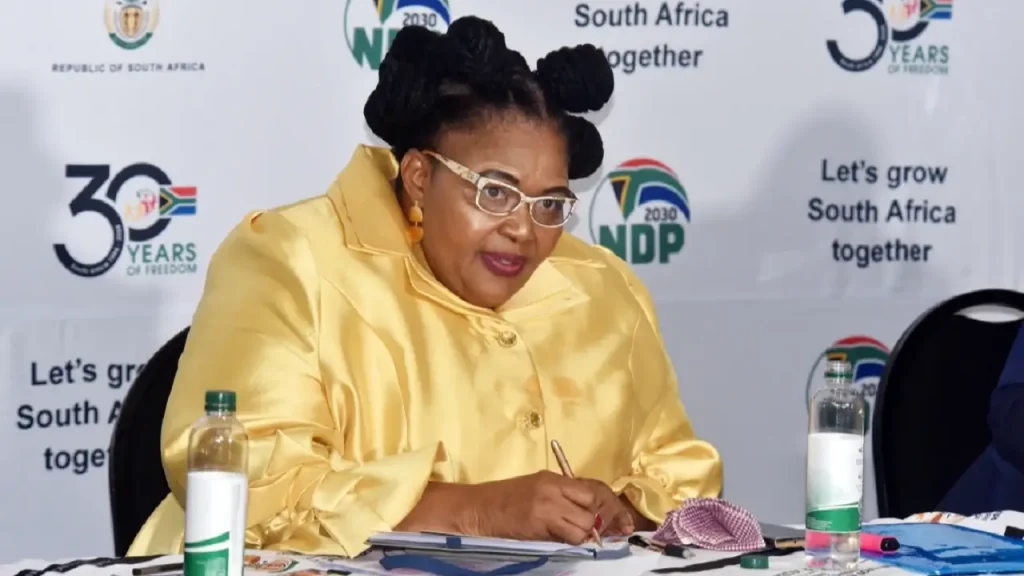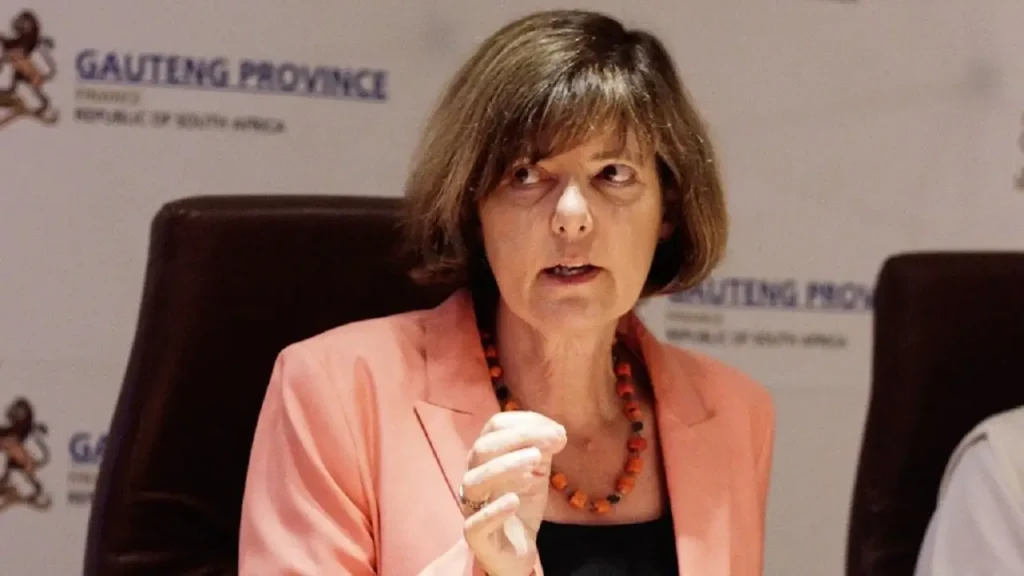Gwede Mantashe is a pivotal figure in South African politics, known for his deep roots in the country’s labor movement and his significant contributions to the government. From his humble beginnings in Lower Cala to his powerful role in the government, Mantashe has led a remarkable life. Below are 20 interesting facts that shed light on his background, career, and personal life.
1. Born in Lower Cala, Eastern Cape
Gwede Mantashe was born on June 21, 1955, in Lower Cala, a village in the former Transkei (now Eastern Cape). His early life in the rural areas of South Africa shaped his values and political outlook.
2. A Political Activist from Youth
Mantashe became politically active in his youth through the Student Christian Movement (SCM), where he began his journey of activism, which laid the foundation for his future endeavors in politics and labor unions.
3. Minister of Mineral and Energy Resources
Since May 2019, Mantashe has served as Minister of Mineral and Energy Resources, a role he was appointed to after the South African elections of 2019. He had previously been appointed Minister of Mineral Resources in February 2018.
4. An Academic Achiever
Despite his busy career, Mantashe has pursued higher education. He earned a Bachelor of Commerce degree from the University of South Africa (UNISA) in 1997, followed by an Honours in Commerce in 2002. He later completed a Master’s degree from the University of Witwatersrand (WITS) in 2008.
5. Currently Pursuing an MBA
Mantashe is continuing his studies and is currently working on a Master’s in Business Administration (MBA) through the Management College of Southern Africa (MANCOSA), further underlining his commitment to lifelong learning.
6. Early Career in Mining
Mantashe’s professional journey began in 1975 when he worked as a Recreation Officer at Western Deep Levels Mine. He later moved to Prieska Copper Mines as a Welfare Officer until 1982.
7. Co-Founded NUM
In 1982, Mantashe co-founded the Witbank branch of the National Union of Mineworkers (NUM) and served as its chairperson until 1984. This marked the beginning of his influential career in trade unionism.
8. Leader in NUM
Mantashe became Regional Secretary of NUM in 1985 and went on to serve in various leadership roles, including National Organiser and Regional Coordinator. His work was pivotal in shaping NUM into a powerful voice for South African mineworkers.
9. First Worker General Secretary
In 1998, Mantashe was elected the first General Secretary of NUM, making history as the first worker to hold this top position within the union. He served in this capacity until 2006.
10. Councillor in Ekurhuleni
Mantashe also ventured into local politics, serving as a Councillor in Ekurhuleni Municipality from 1995 to 1999, where he contributed to local governance and community development.
11. Made History on JSE
In 1995, he became the first trade unionist to sit on the board of a Johannesburg Stock Exchange (JSE)-listed company, Samancor, a major milestone that helped bridge the gap between labor unions and corporate governance.
12. Executive Director at DBSA
In 2006, Mantashe left his position as NUM General Secretary to become an Executive Director at the Development Bank of Southern Africa (DBSA). He served for two years and played a key role in JIPSA (Joint Initiative for Priority Skills Acquisition).
13. Chairman of the SACP
Mantashe was elected Chairperson of the South African Communist Party (SACP) in 2007. He also served as a member of the Party’s Central Committee.
14. Secretary General of the ANC
In 2007, he was elected Secretary General of the African National Congress (ANC) at the party’s 52nd National Conference. He was re-elected to this position in 2012 and served until his election as National Chairperson in 2017.
15. National Chairperson of the ANC
At the ANC’s 54th National Conference in 2017, Mantashe was elected National Chairperson of the ANC, a prestigious position that further solidified his influence within the party.
16. Deep Commitment to Social Change
Mantashe’s career has always been centered around his commitment to improving the lives of working-class people and the marginalized communities. His involvement in NUM was driven by the desire to uplift miners and workers across South Africa.
17. Family and Personal Life
Mantashe is married to Nolwandle Mantashe, a nurse. The couple has four children: two sons and two daughters. His family life has always been grounded in strong values, emphasizing the importance of education and hard work.
18. Personal Philosophy on Education
Mantashe often emphasizes to his children the importance of education, stating that there is “no qualification called Mantashe” and encouraging them to “study and be themselves” in order to succeed in life.
19. Tragic Loss of His Sister
In 2021, Mantashe faced personal tragedy with the death of his younger sister, Tozama Mantashe, who passed away due to complications from COVID-19. This loss deeply affected the family and highlighted the ongoing impact of the pandemic.
20. His Humble Beginnings
Despite his high-profile career, Mantashe remains humble, with his roots in Lower Cala always influencing his work ethic and approach to leadership. His journey from a small village to holding significant positions in government and labor unions is a testament to his resilience and commitment.

